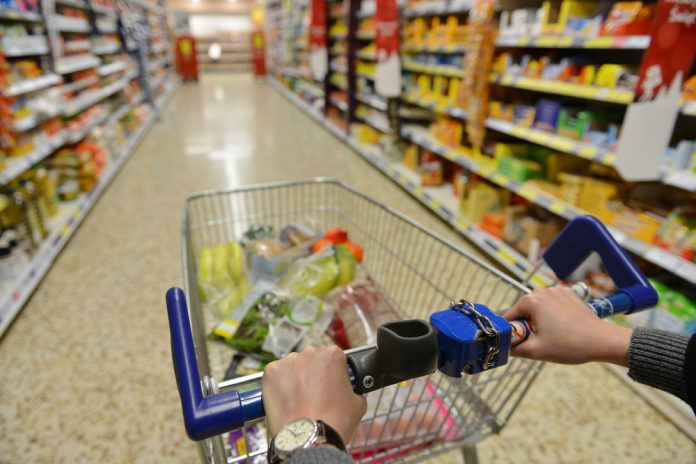As inflation hits, two-thirds of British shoppers have visited discount supermarkets Aldi and Lidl in the three months to September 9.
For every £8 spent in UK supermarkets, the German discounters accounted for £1 as people are seeking ways to save money amid stagnant wages and increasing inflation.
Mike Watkins, Nielsen’s UK head of retailer and business insight, said: “The return of inflation means shoppers are increasingly turning to supermarkets’ own-label products to help manage their weekly grocery spend.”
“Own-brand sales are growing across all major food retailers but fastest at the discounters – Aldi and Lidl – and at the Co-operative, Iceland, M&S and Tesco.”
Inflation increased up to 2.9 percent in August, following by the fall in sterling after the June 2016 referendum.
Despite the rise in inflation, wages have been seen to increase by just 2.1 percent, causing consumers to be more careful with their disposable income.
Aldi and Lidl are feeling the benefits and are opening new stores across the UK.
According to the latest figures from Kantar Worldpanel, Lidl was the Britain’s fastest growing supermarket in the three months to 10 September as sales increased by 19.2 percent.
Tesco (LON:TSCO) still tops the UK supermarket leaderboard, with a 27.5 percent share of the UK grocery market. Next up is Sainsbury’s (LON:SBRY) at 14.9 percent. Following is Asda (NYSE:WMT) with a 13.8 percent share and Morrison (LON:MRW) with 9.9 percent. Aldi and Lidl currently have 8.1 percent and 5.2 percent of the market.
“We haven’t seen sustained market growth of this kind since May 2013,” said Fraser McKevitt, head of retail and consumer insight at Kantar Worldpanel.
A 1.5 percent increase in the volume of goods going through the tills has contributed to this growth while the remainder of the overall sales increase is down to higher prices,”
“Collectively Aldi and Lidl now account for nearly £1 in every £8 spent in Britain’s supermarkets,” Mr McKevitt added. “A decade ago this was only £1 in £25.”

